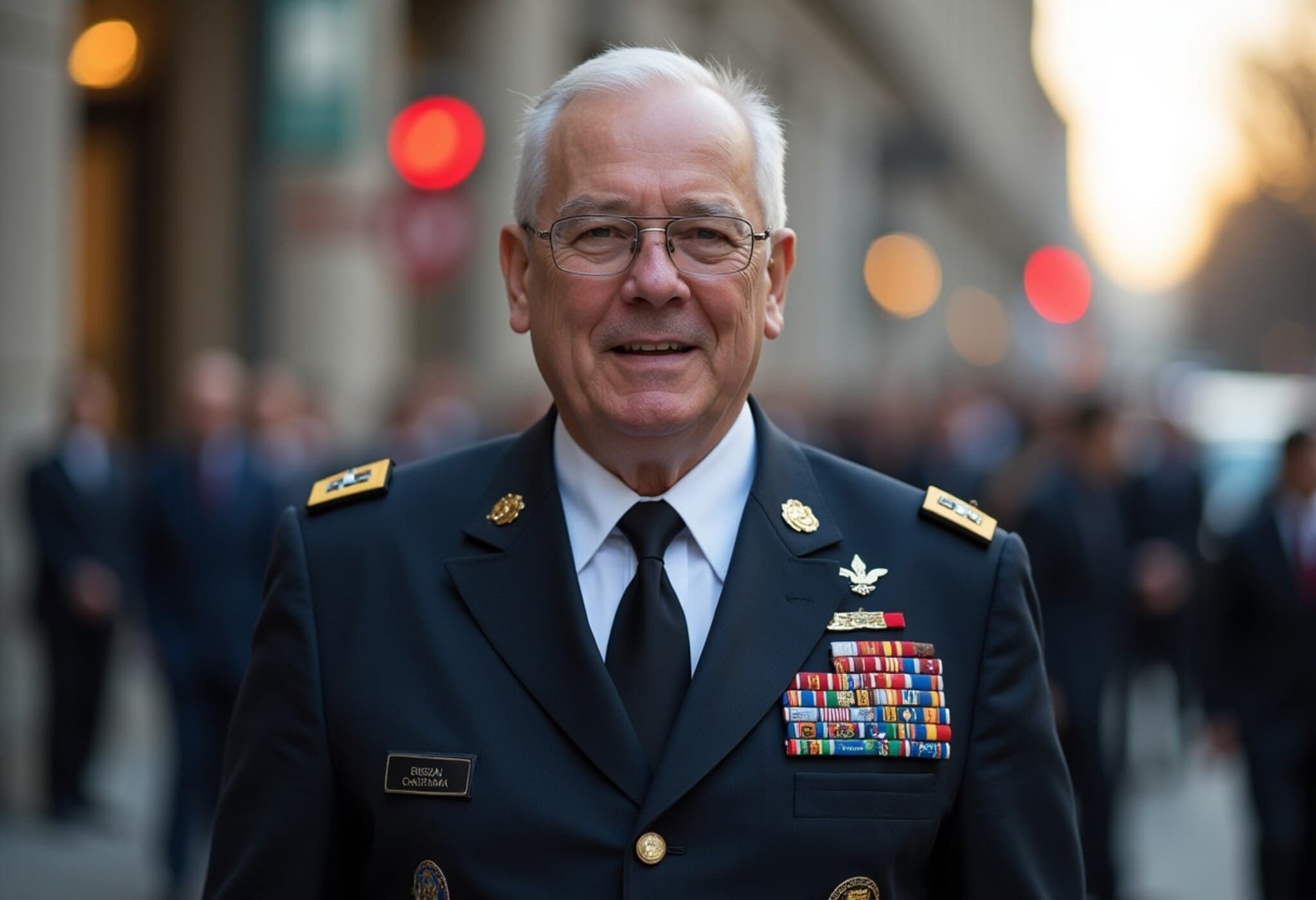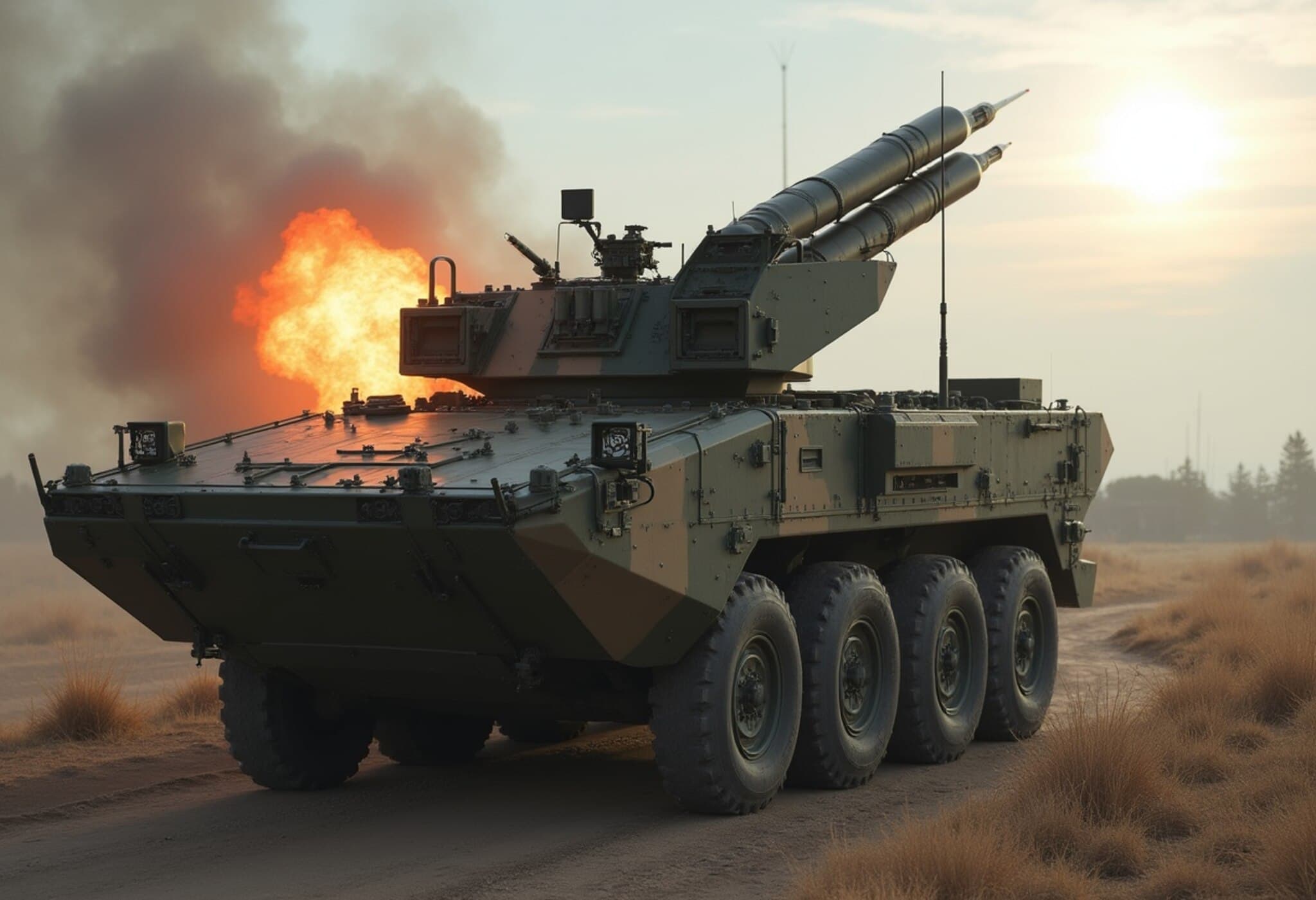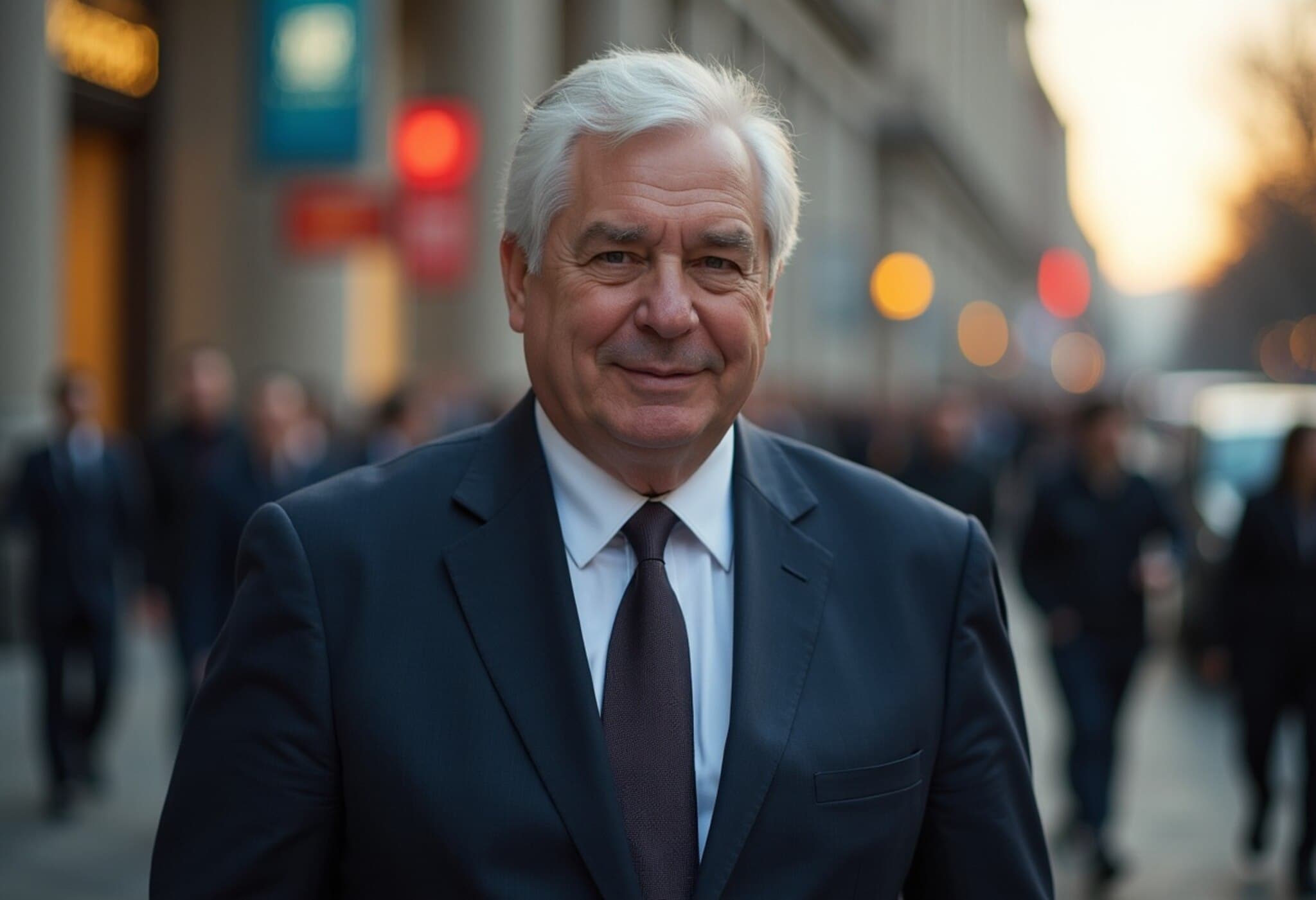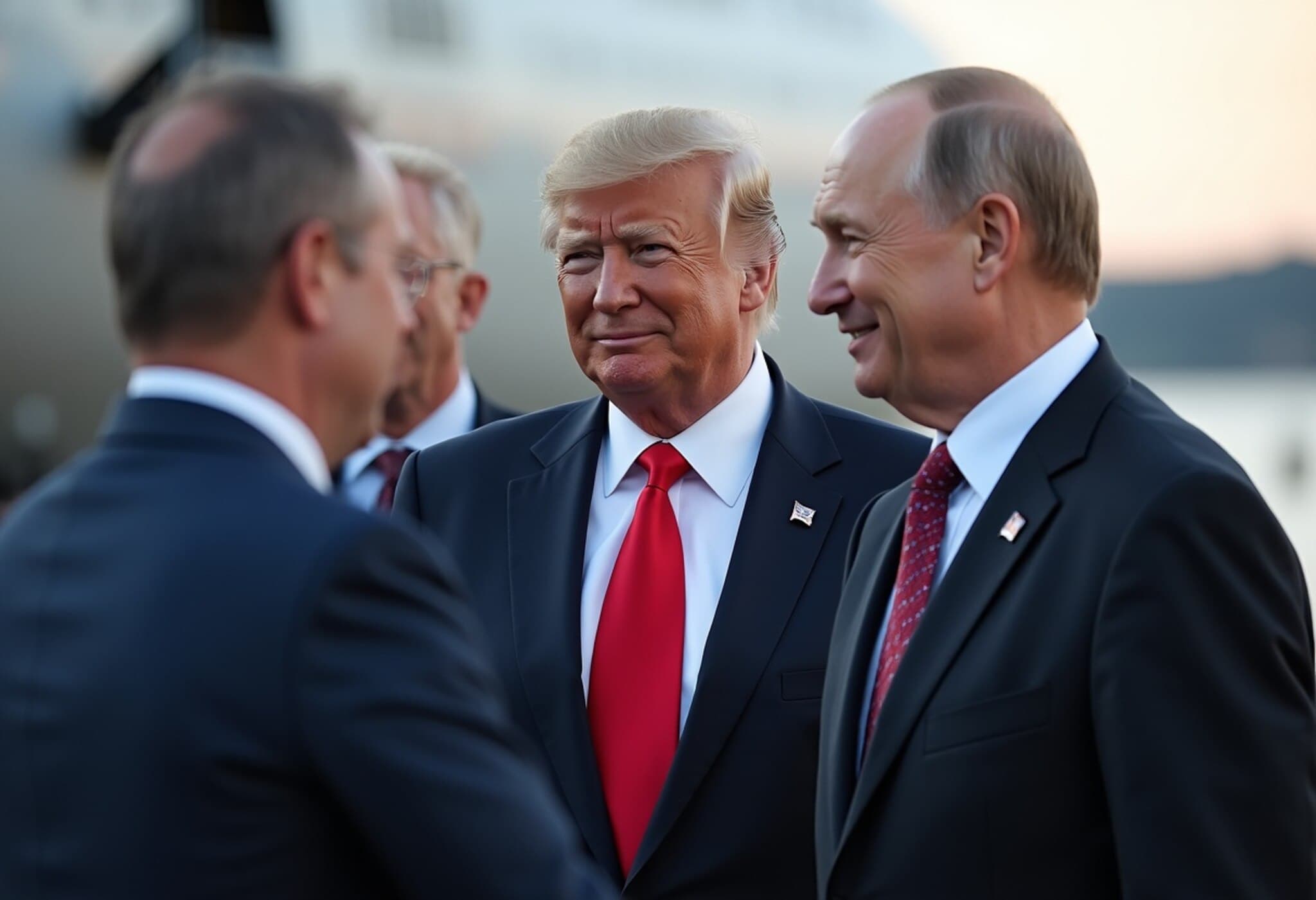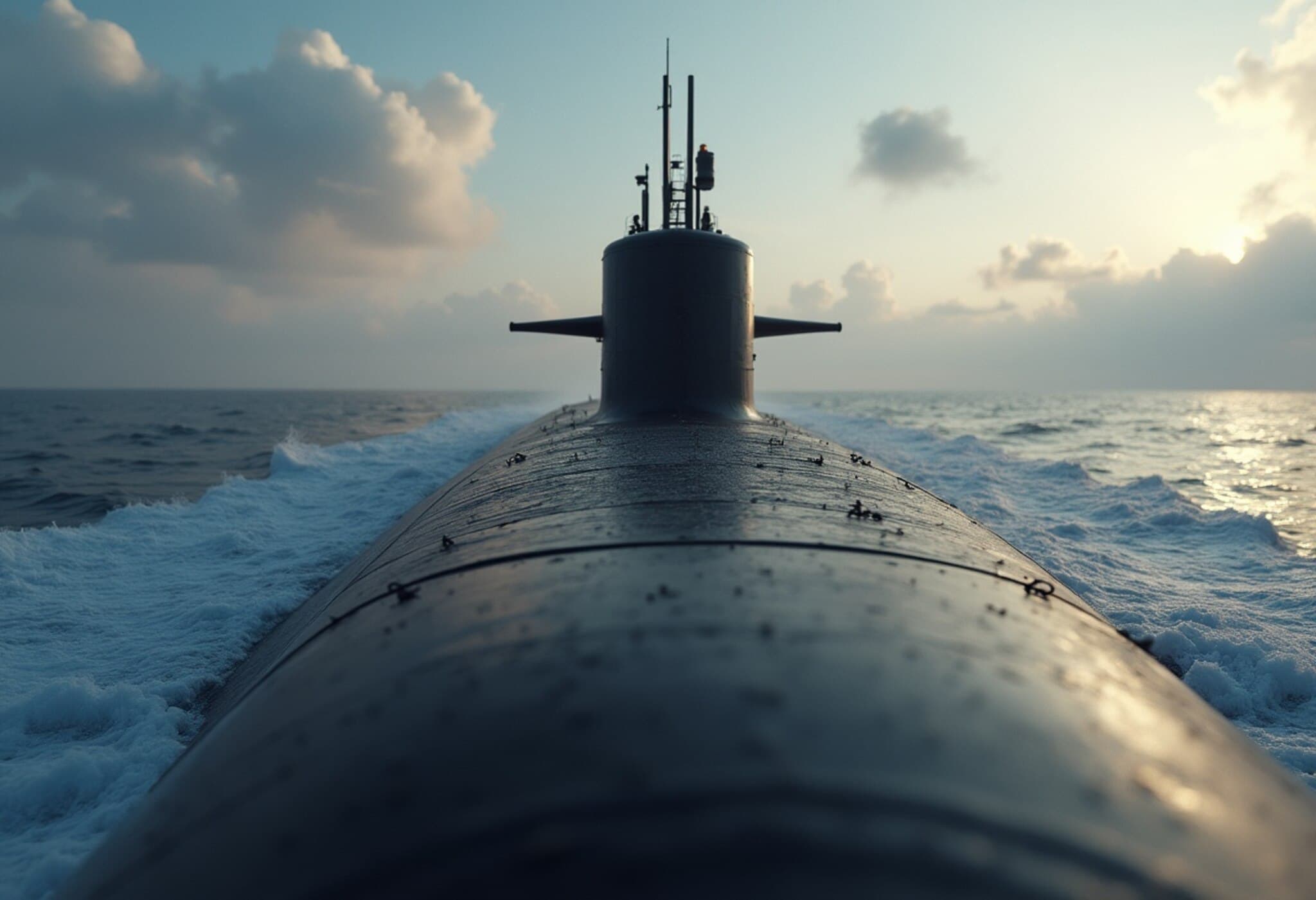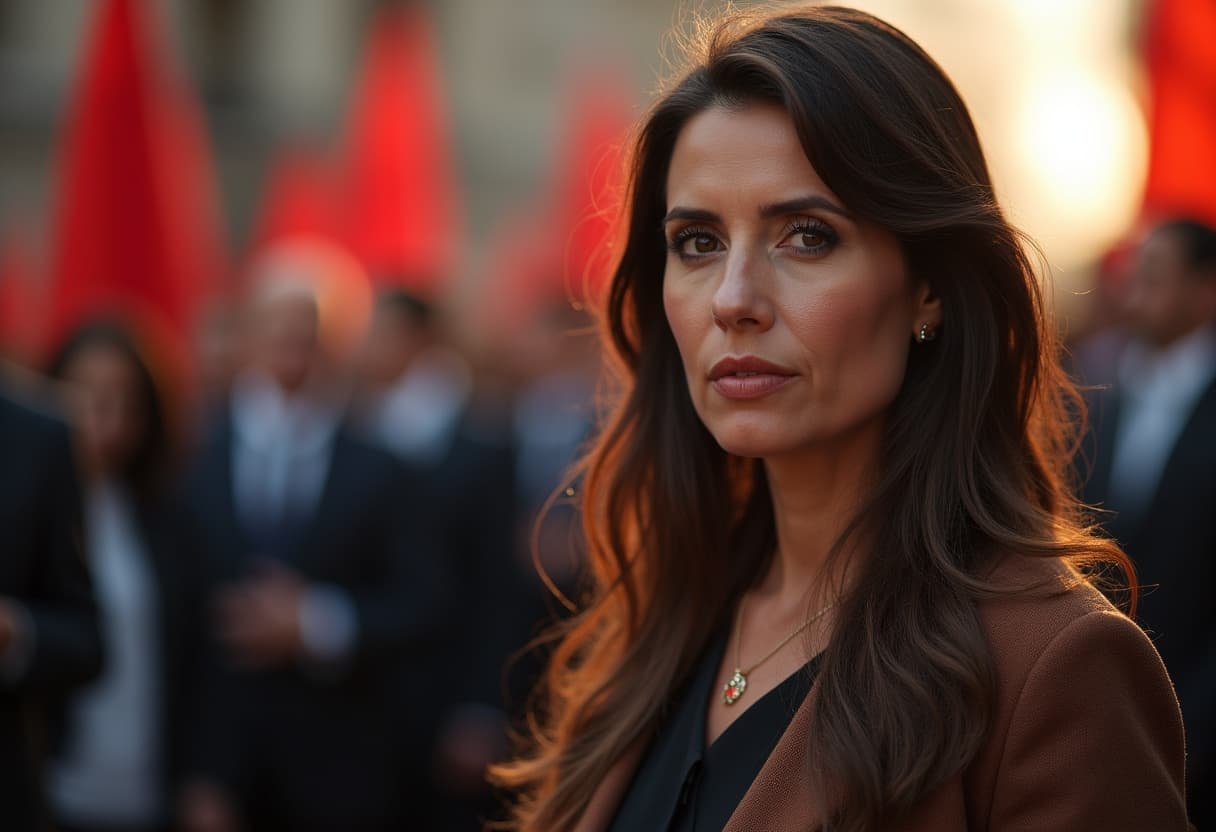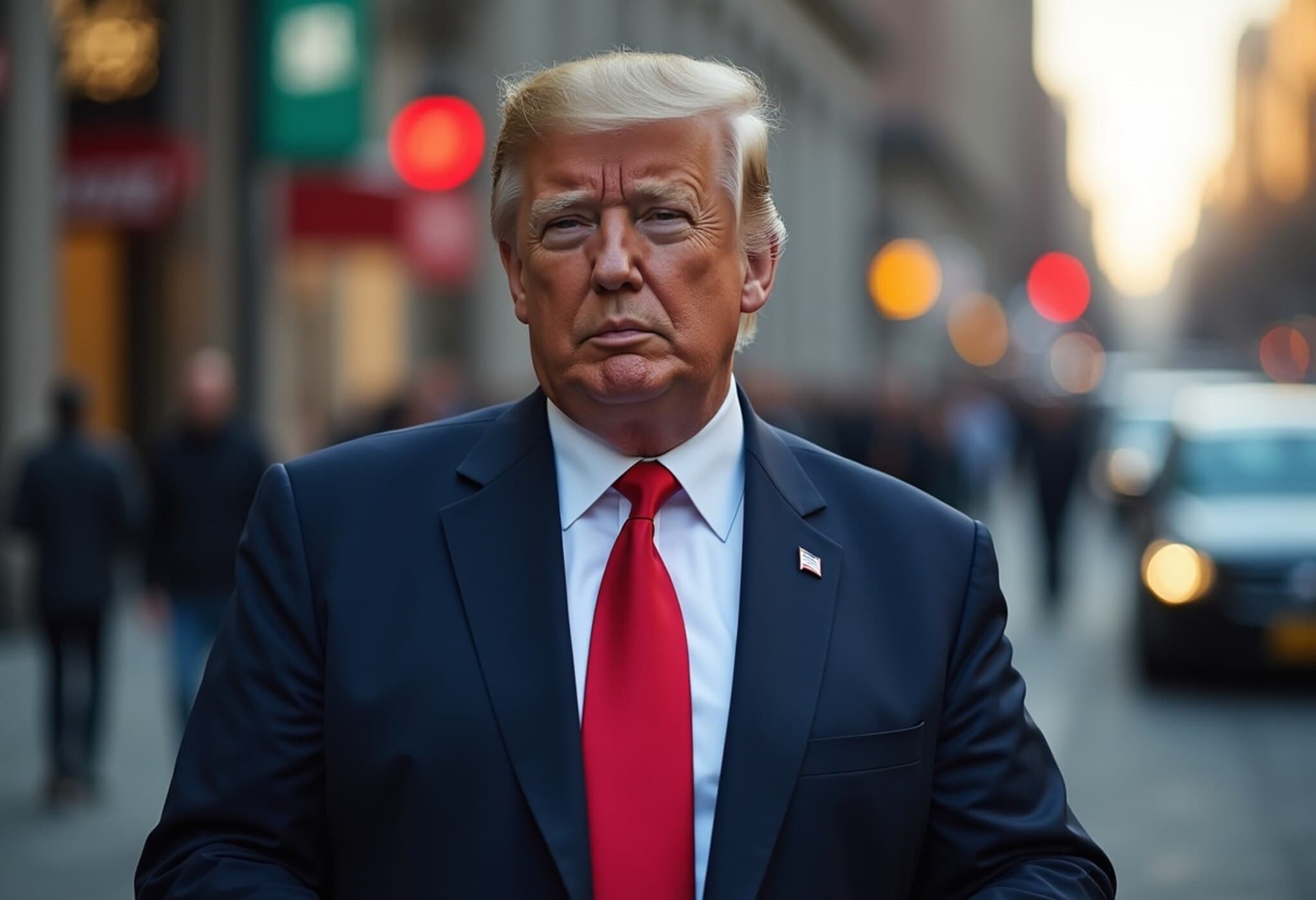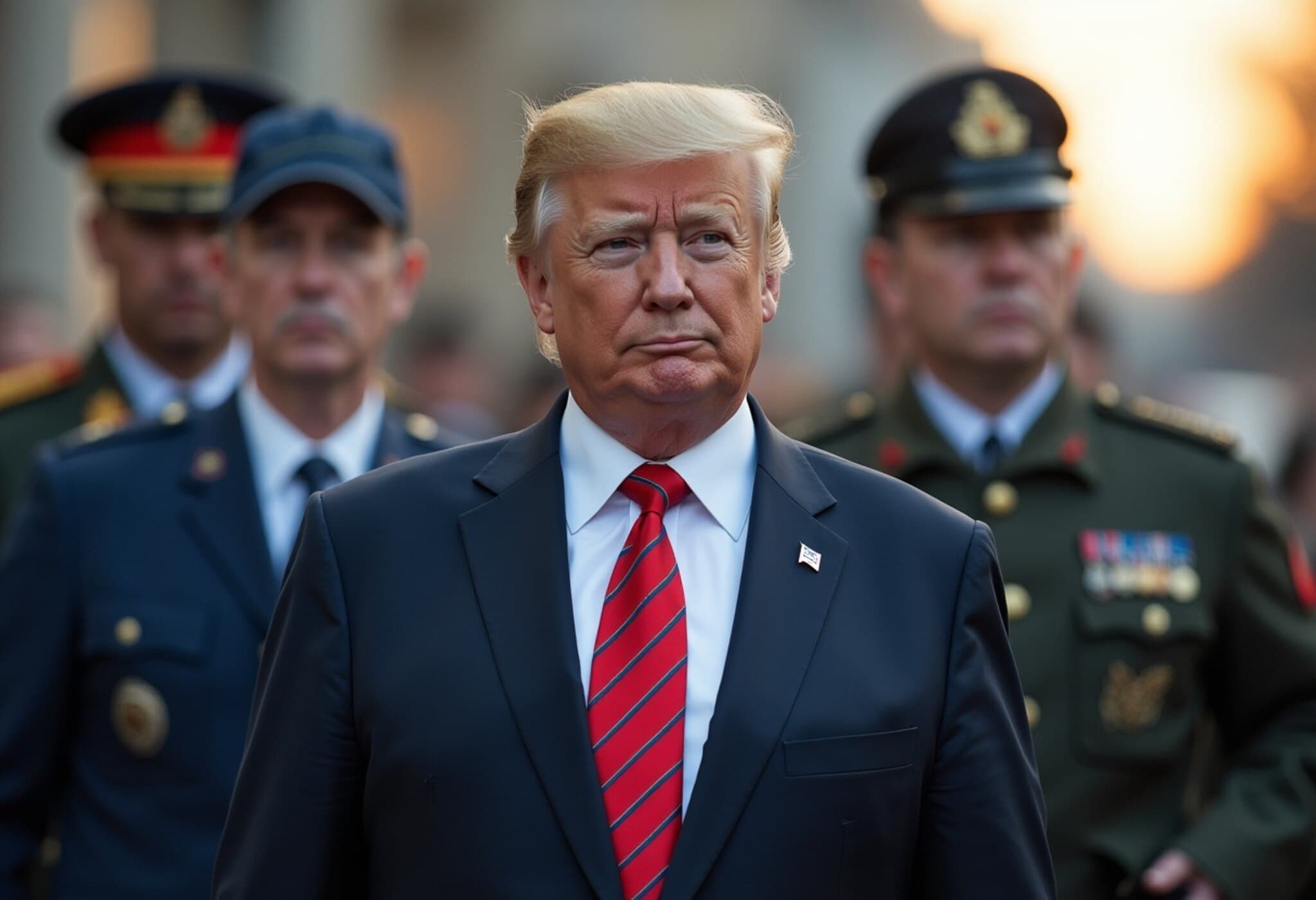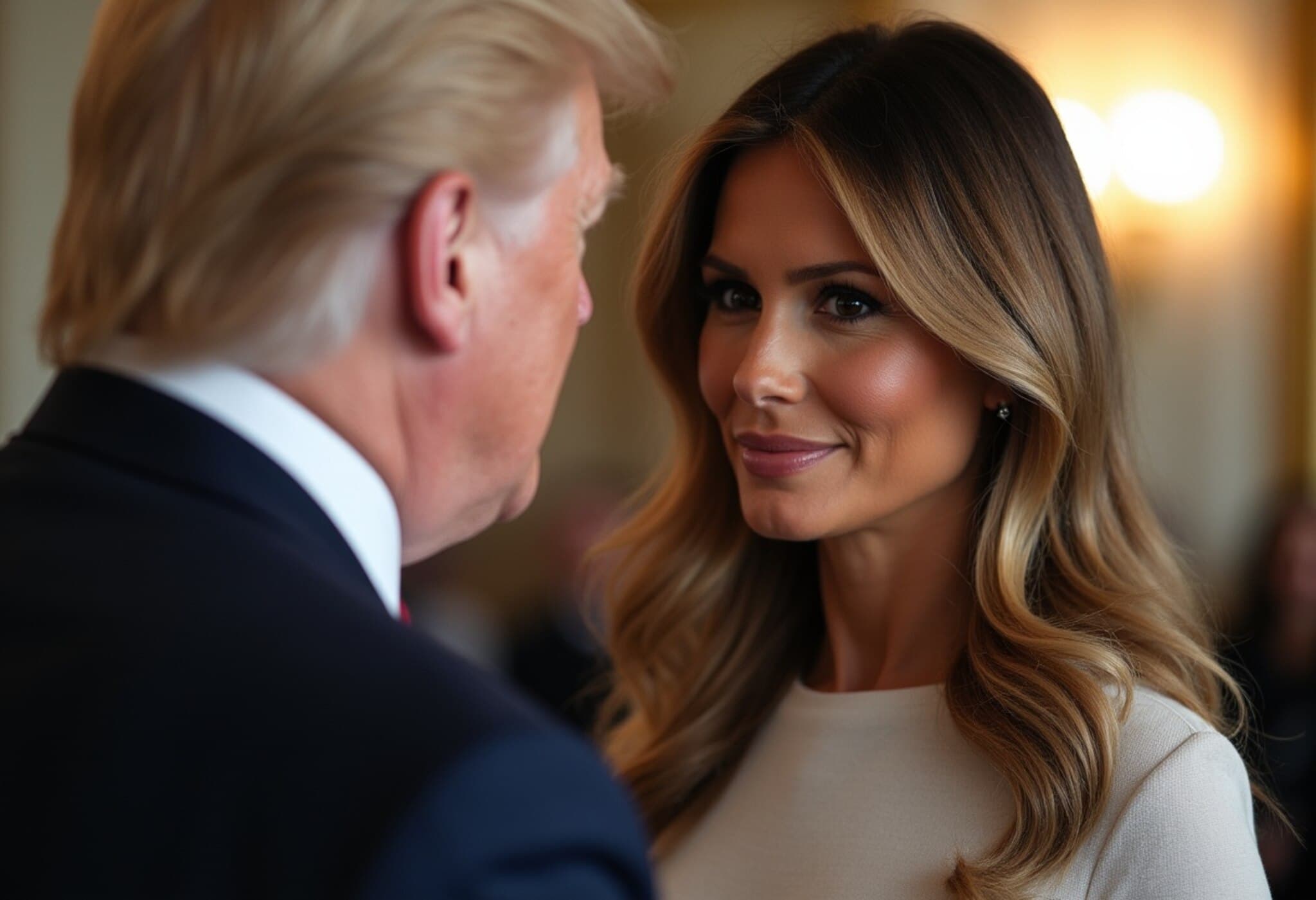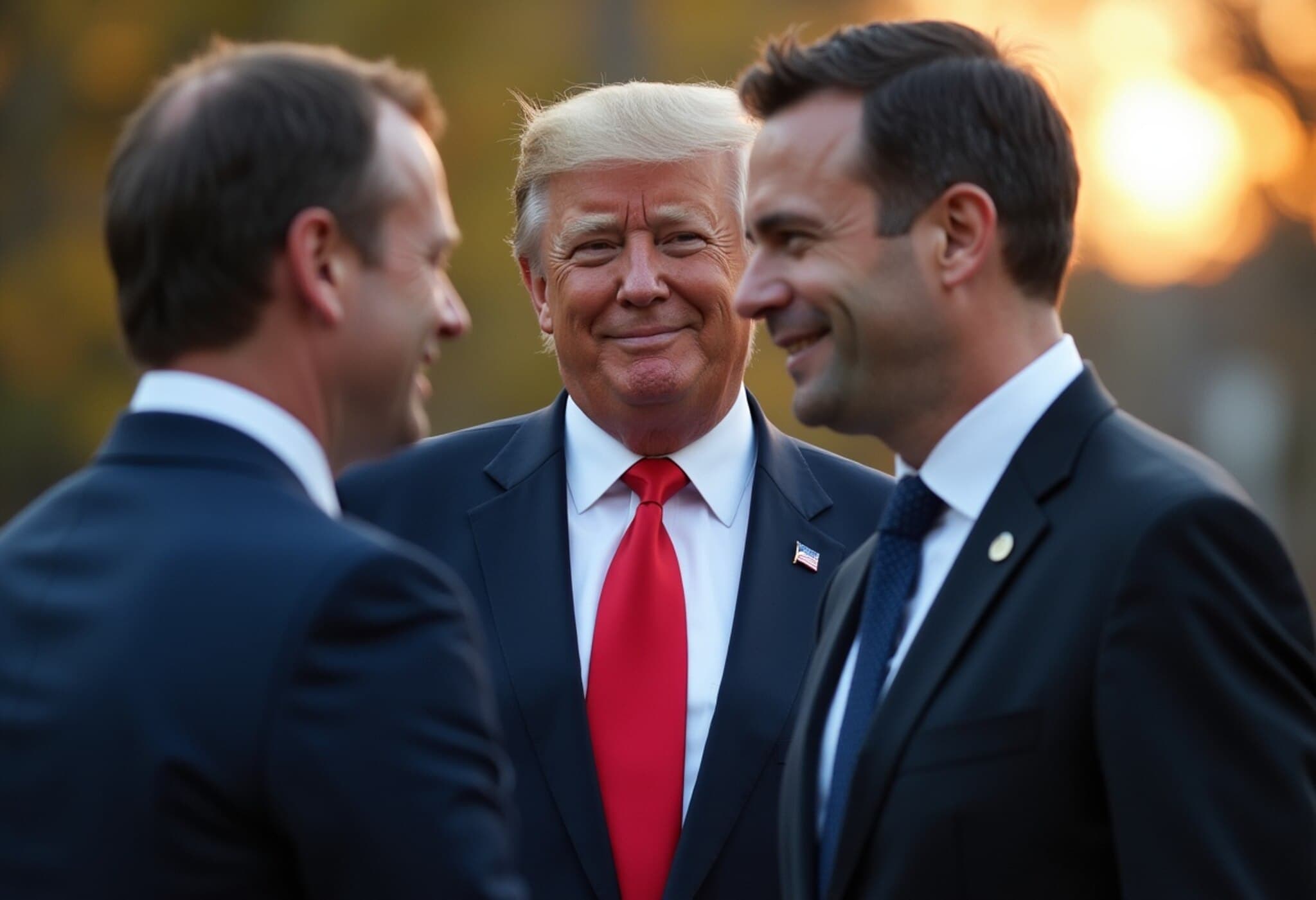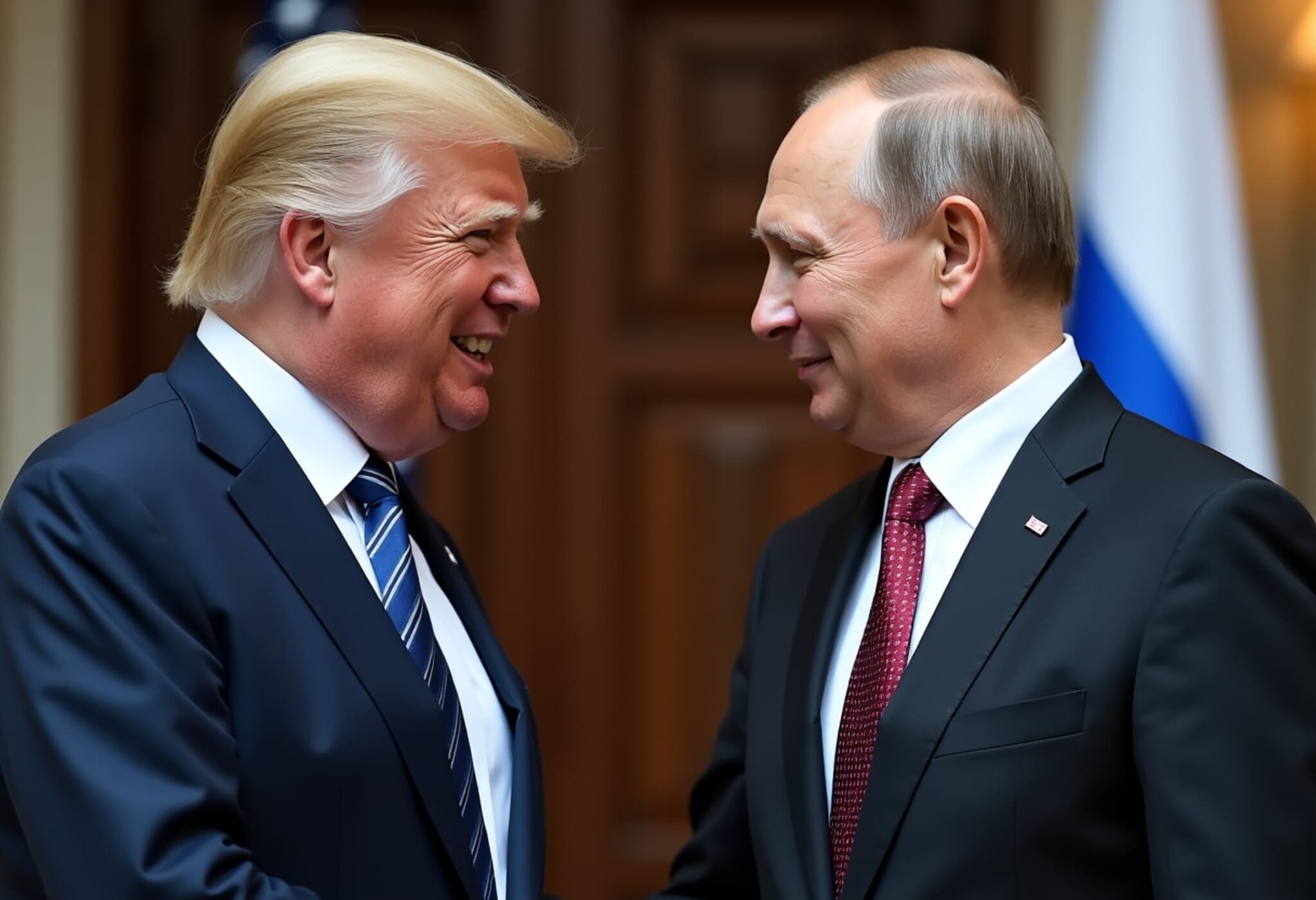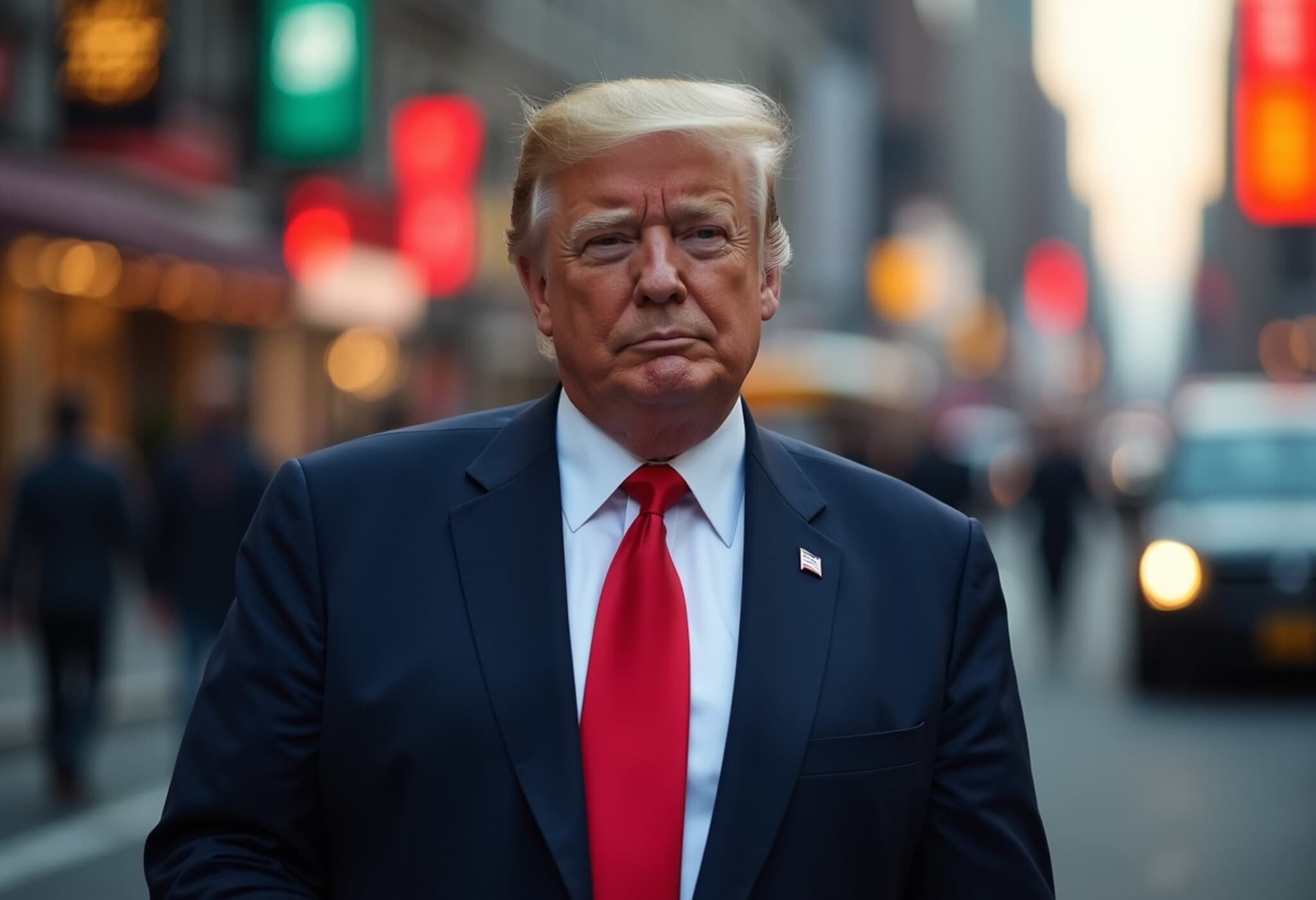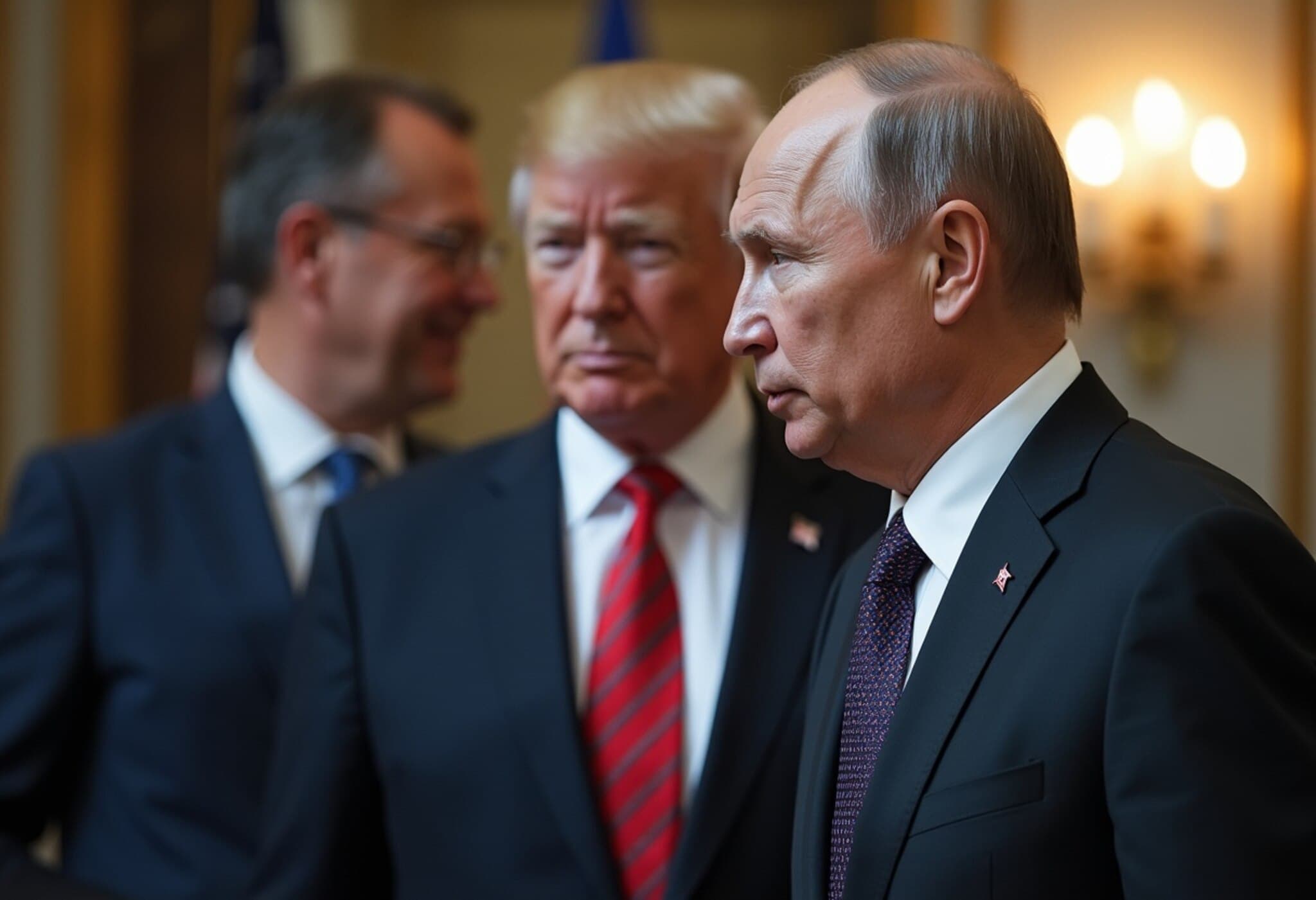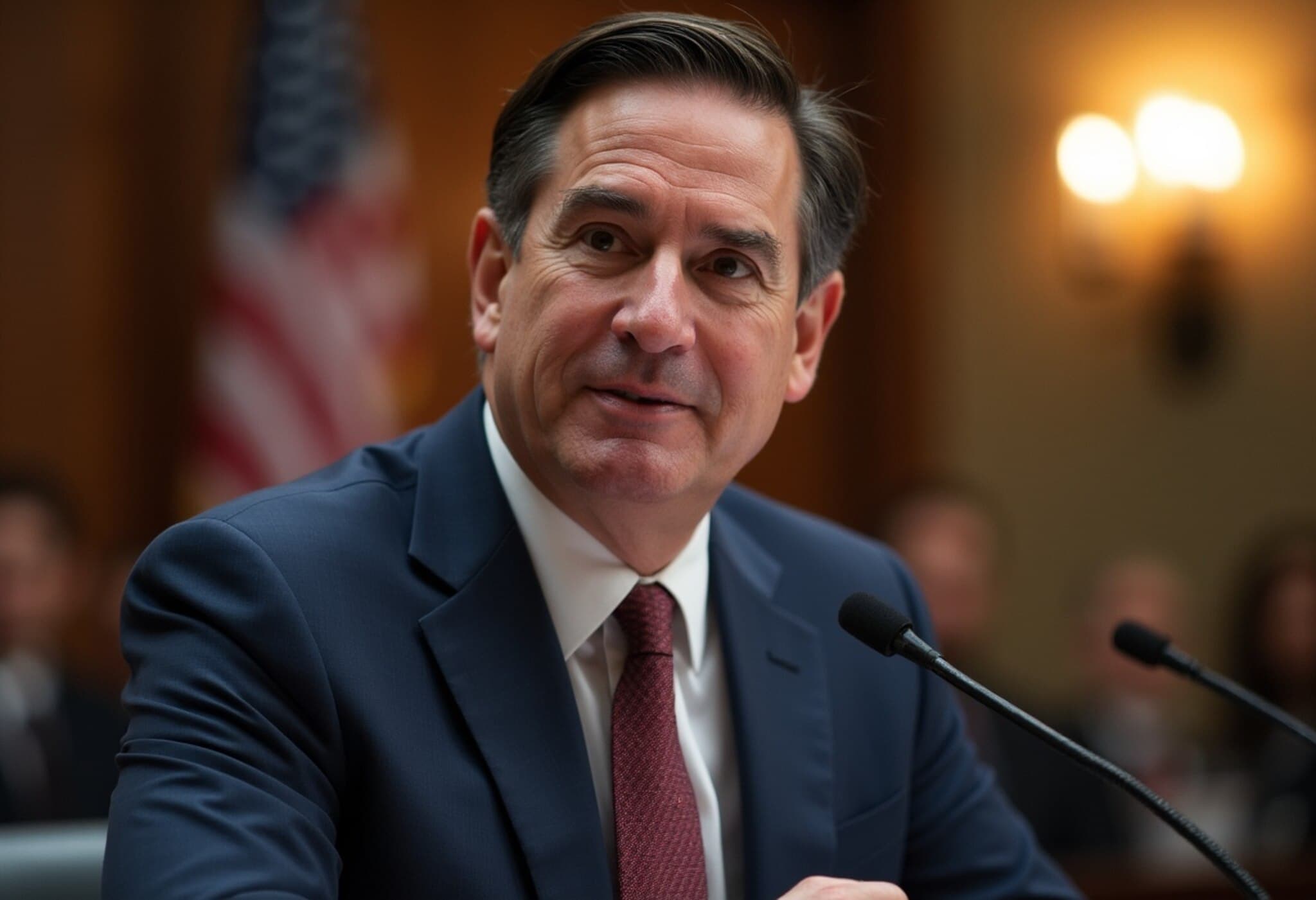Trump's Special Envoy in Kyiv Signals Shift in U.S. Ukraine Policy
On July 14, 2025, retired Lt. Gen. Keith Kellogg, appointed as the Trump administration's special envoy to Ukraine and Russia, arrived in Kyiv for critical defense discussions amidst a heightened and devastating conflict. This visit comes shortly after President Donald Trump confirmed the United States' decision to supply Ukraine with additional Patriot air defense missile systems, while announcing that the European Union will reimburse the U.S. for these highly sophisticated weapons.
Breaking Down Trump's Changing Stance on the Ukraine War
For much of the past three years, President Trump has cultivated a notably complicated relationship with the Russia-Ukraine conflict. Historically, he has emphasized his personal rapport with Russian President Vladimir Putin and often portrayed Russia as more open to peace than Ukraine. This narrative was marked by criticism toward Ukrainian President Volodymyr Zelenskyy, whom Trump described as a "dictator without elections."
However, Russia's relentless missile and drone attacks, particularly targeting civilian areas in Ukraine including Kyiv, have visibly tested Trump's patience. In recent months, Trump publicly expressed his disappointment with Putin’s bombings. Speaking candidly, he lamented, "He'll talk so beautifully and then he'll bomb people at night. We don't like that." Such comments indicate a tectonic shift from his earlier diplomatic posture, suggesting a growing recognition within the White House of Russia’s uncompromising military aggression.
Patriot Missile Support: A Game-Changer in Ukraine’s Defensive Capabilities
The commitment to dispatch additional U.S.-supplied Patriot missiles signals a strategic deepening of military aid. These systems are vital for countering Russia’s unprecedented drone and cruise missile onslaughts, which surged tenfold in June compared to the previous year, resulting in the deadliest month for Ukrainian civilians in over three years.
European countries, while restricted under EU treaties from directly purchasing weapons as a bloc, are individually stepping up. Germany, for instance, has already allocated three Patriot systems and announced plans to finance two more, pending formal negotiation rounds. Such efforts highlight transatlantic solidarity and reflect the complex interplay between defense commitments and political constraints within NATO and the EU.
Diplomatic Currents and Future Outlook
Kellogg’s meetings in Kyiv, alongside discussions with U.S. and NATO officials including German Defense Minister Boris Pistorius and NATO Secretary-General Mark Rutte, aim to fortify security collaboration, enhance sanctions against Russia, and explore pathways toward conflict de-escalation.
Yet, despite these diplomatic engagements, Ukrainian officials remain pragmatic. Andriy Yermak, head of Ukraine’s presidential office, remarked, "Russia does not want a cease fire. Peace through strength is President Donald Trump’s motto, and we fully support this approach." This underscores a prevailing reality: that peace efforts must be buttressed by credible deterrence amid ongoing Russian offensives, including recent deadly drone strikes in Ukraine’s Sumy region.
Expert Perspective: The U.S. Political Landscape and the Russia-Ukraine War
From an American policy lens, this shift toward increased military aid under Trump’s administration, historically skeptical about the conflict, reflects evolving geopolitical calculations ahead of looming electoral cycles and fresh challenges to European security architecture. Senator Lindsey Graham, a vocal Trump ally, declared on July 13, 2025, that the conflict is approaching a "critical inflection point," forecasting an unprecedented flow of arms to Ukrainian forces.
However, tensions remain high. Moscow continues to reject Western pressure and claims dialogue is possible only without coercion, emphasizing diplomatic stalemates that complicate any near-term resolution. These dynamics spotlight the fragile balance between military aid and diplomatic negotiation in the battle to stabilize Eastern Europe.
Summary
- Retired Lt. Gen. Keith Kellogg visits Kyiv following Trump's announcement of enhanced Patriot missile support to Ukraine.
- Russia's intensified missile strikes prompt U.S. and EU escalation in military aid and strategic cooperation.
- German defense officials confirm intentions to expand Patriot deployments despite limited remaining systems.
- Ukrainian officials stress the necessity of "peace through strength," doubting Russia’s willingness to agree to ceasefire.
- U.S. political actors see the conflict nearing a pivotal moment for increased defense support.
Editor’s Note
As the Ukraine conflict enters its fourth year with no end in sight, the convergence of military aid and diplomatic efforts exemplifies the complex US-European response to Russian aggression. President Trump’s recent rhetorical shift and tangible support raise critical questions: Will bolstered defense assistance alter the war’s trajectory? Can diplomacy truly find footing amid persistent hostilities? What broader implications does this have for U.S. foreign policy coherence and transatlantic unity? Keeping a nuanced eye on developments and their human impact remains vital.

